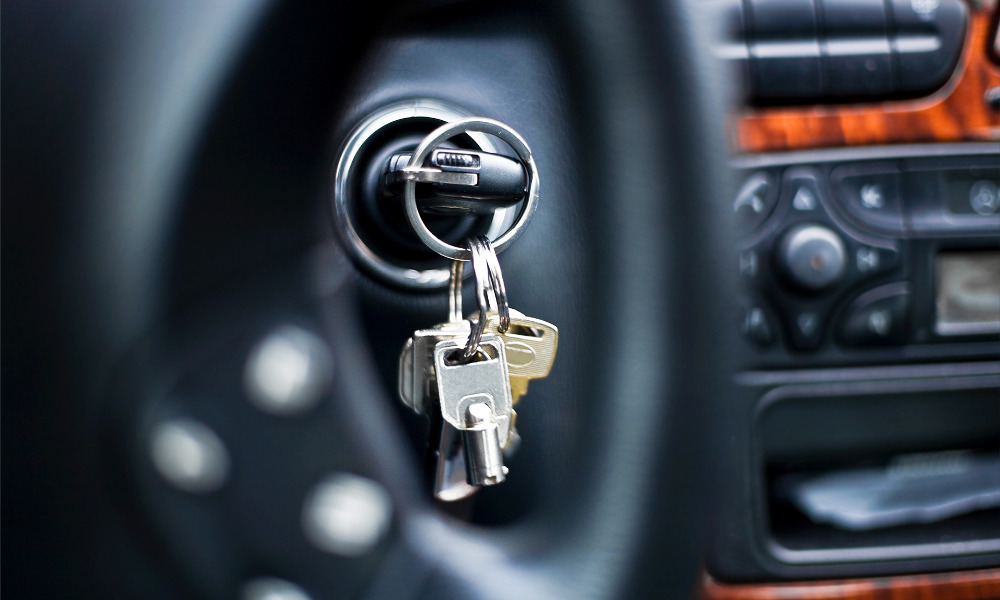Violation of condition to return set by police officer did not negate responsibility

The Court of Appeal for Alberta ruled that the owner of a stolen car is still vicariously liable for the collision by the thief-driver, because failure to return a car after a deadline is still considered having consent to possess the vehicle.
In Mansour v Rampersad, 2022 ABCA 173, Krista Pinksen owned a car. Her husband allowed Roger Rampersad to use this car to run a few errands. Rampersad never returned the car. A few days later, Pinksen reported the vehicle stolen. A police officer, upon contacting Rampersad, said that the latter had until 5am the next day to return the car, or else it will be reported as stolen in the police records. Rampersad did not return the car.
After the deadline, Rampersad was in a collision with Yaser Mansour. Rampersad was charged with several offences, including theft of the vehicle.
Pinksen brought an application for summary dismissal of Mansour’s claim. She argued that she was not vicariously liable for the accident because Rampersad did not have her consent to drive the vehicle at the time of the accident. The Master in Chambers dismissed the application, having found that Pinksen gave consent.
Pinksen appealed. The chambers judge ruled that Rampersad did not have consent to drive the car at the time of the accident. He allowed the appeal and summarily dismissed the claim. Mansour appealed.
The appellate court allowed the appeal, and summary judgment was set aside.
“If the owner gives the driver consent to have possession of the vehicle for a fixed period of time … the owner remains liable even if the driver keeps possession of the vehicle after that time,” said the court.
Further, contrary to the chambers judge’s analysis, the appellate court ruled that there is no difference in substance between imposing a condition prior to loss of possession and revoking consent by imposing a similar condition after possession has been given up.
In this case, Rampersad received consent when the officer told him he had until 5am to return the vehicle. The consent was conditional, but violation of the condition by Rampersad did not have the effect of negating Pinksen’s vicarious liability.
Thus, the appeal was allowed, and the summary judgment set aside.










